Cyber Security and the Fourth Industrial Revolution
The growing intersection of biological, physical, and technical worlds requires a powerful cyber security response
Samir Kapuria, Symantec’s GM and Senior Vice President of Cyber Security Services, began shaping his 2018 RSA Conference keynote, “At the Edge of Prediction: A Look Back to the Future of Cyber Security,” months ago while on a flight home from Tokyo. Kapuria had by chance sat next to a well-known science fiction writer. In the ensuing conversation, the writer shared that ‘techies’ were his biggest fans as well as his biggest problem, as they tended to turn his futuristic ideas into reality, which limited their shelf life.
Intrigued, Kapuria asked him what science fiction artifice techies might manifest next. Without hesitation, the writer stated: “Immortality.” He then told Kapuria to check out a TV show that explores a world where consciousness can be digitized, stored, and transferred between bodies, rendering death impermanent.
This got Kapuria thinking about the world today and how the line between humanity and technology is being erased.
In his keynote, Kapuria shared thought-provoking insights into how current technologies and cyber security solutions are starting to function more like our own brains, processing and analyzing data to make complex decisions. The result of this shift, Kapuria said, is that humanity is no longer just the beneficiary of technology; humanity is now inseparable from technology. And that means as the pace of innovation and transformation accelerates and the humanity-technology nexus irreversibly expands, the consequences of digital corruption or disruption are rising fast too.
Cyber security’s responsibilities are rising along with it, and Kapuria gave the audience a big call to action. He explained how, until now, the cyber security industry has focused on protecting data confidentiality. This made sense in an information-driven society. But with technology woven deeply into all our lives—helping us scale our impact; augmenting our abilities; even imitate what it means to be human—cyber security needs to move beyond protecting data confidentiality to ensuring digital integrity and availability.
Every revolution transforms its day. And, inevitably, every revolution hands criminals and anarchists new openings. The revolutionaries ask, “What’s possible?” But Kapuria challenged people to also ask, “What’s at risk?”
“Welcome to the fourth industrial revolution,” Kapuria said. “As we remove the boundaries between humanity and technology, we create a world where change is global, fluid, and rapidly having a dramatic impact on people, property, government, and society. To power innovation in the fourth industrial revolution, security needs to be an enabler.”
Scale, Augmentation, Imitation
Kapuria went on to describe several real-world examples of technology advancements powering radical shifts in innovation and changing industries as we know them. He also asked a few pointed, no-longer-rhetorical questions regarding the cyber security mission.
Scale: With limited crew and budget, and ever-expanding responsibilities to protect a growing surface area, the US Navy sought a force multiplier. So it worked with the Defense Advanced Research Projects Agency (DARPA) to develop the Sea Hunter, a 138-foot autonomous ship that circles the globe, gathering and analyzing data, and making a range of decisions on its own. The Sea Hunter scales the role and IQ of naval experts, giving them supervisory control from a command center without putting people at risk.
Cyber security mission: Prevent digital mutiny through precision security. Given cyber security’s dearth of talent and expanding responsibilities, should we scale by developing our own force multiplier? “Do we create digital security-defined robots and deploy them as our sentinels, to expand our SOCs?”
Augmentation: The specter of a world unable to feed its people moved MIT Labs to create Open Agriculture, “an idea commensurate to 3D printing,” said Kapuria. It fuses nutrition, climate, and agricultural knowledge with advanced analytics to augment our ability to produce the right food at the right time at the right place—deserts, disaster zones, cities.
Cyber security mission: Protect ecosystems from cyber sieges. How do we defend against ecosystem attacks on augmented biological or physical systems? There’s too much damage, too quickly, to send in an incident response team. “Is now the time to create self-defending, -learning, and -healing platforms?”
Imitation: With 1 in 50 people experiencing some level of paralysis, BrainGate is changing lives with technology that imitates humanity. BrainGate is paving a path to reverse paralysis by tapping into the brain, extracting thought of movement, then using software to interpret that thought and make movement possible.
Cyber security mission: The world is creating systems that imitate humanity, and can act on our behalf. “How do we decide who’s responsible for the decision or action—human or machine? And what do we do then?”
Cyber Security’s Mission
Cyber security has always provided the space that enables new innovations to take hold, flourish, and proliferate in everything from transportation to healthcare to finance. But if those systems get hacked, if they go offline, the result isn’t an inconvenience but a maelstrom. Digital corruption or disruption is not an option. So, Kapuria said, cyber security needs to sit in the center between people, property, government, and society, enabling industries to usher in technical advances in a secure manner.
“The Sea Hunter, Open Agriculture, and BrainGate all have missions. To defend. To feed. To heal. All these things become the missions of cyber security. Our accomplishments only have meaning to the extent others can bring their advancements to reality. We’re part of something greater than ourselves.”
Kapuria left the audience with a final thought about how we retain our humanity.
“In a world full of technology, what is going to be scarce?” he asked. “Perspective. Empathy. Creativity. Humor. And we can only ensure these thrive if we empower diversity and inclusion.”
To watch Samir’s discussion at RSA, Click Here
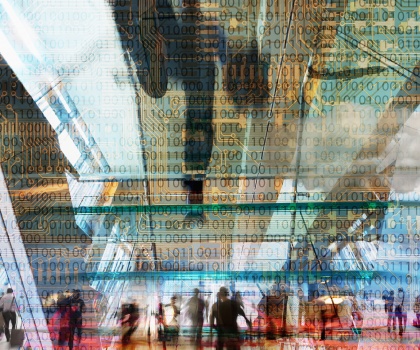


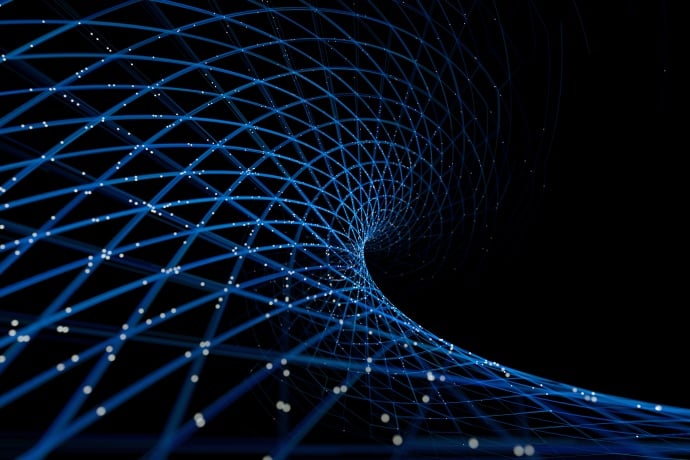
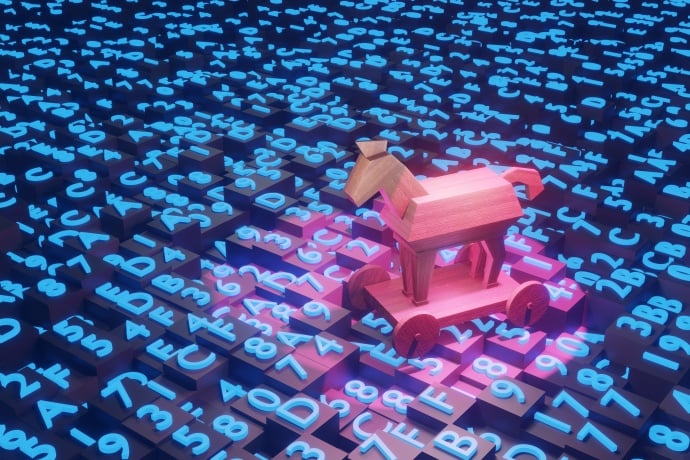
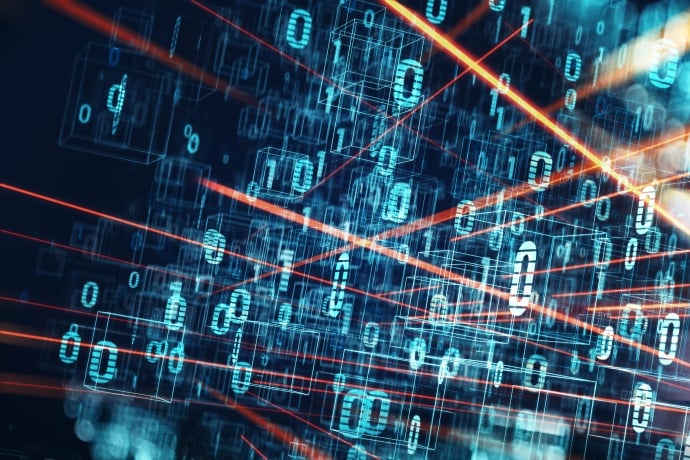
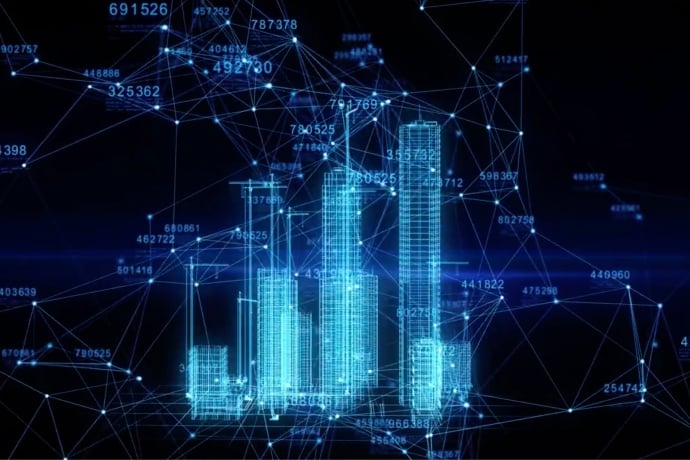
We encourage you to share your thoughts on your favorite social platform.